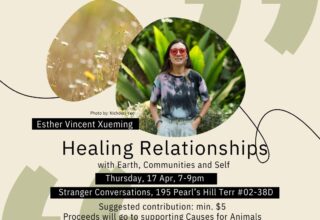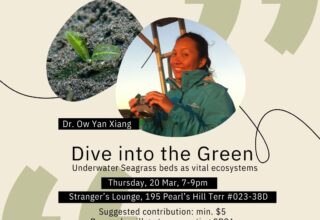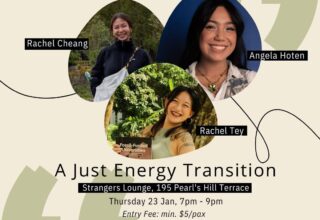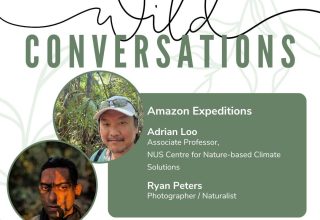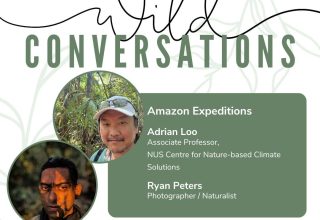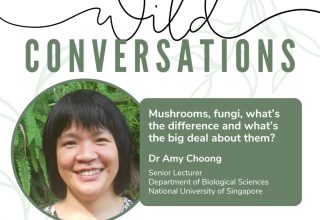- Starts atJuly 25, 2024 at 7:00 PM
- Ends atJuly 25, 2024 at 9:00 PM
What makes an eco-engineering strategy, and how can we use them to improve our coastal defences?
Coastal urbanisation and climate change are driving the global proliferation of artificial coastal defences. These structures have significant effects on the ecology of marine habitats, leading to the loss of biodiversity and associated ecosystem services.
Ecological engineering has been increasingly adopted to alleviate the negative impacts associated with coastal defences, and one such successful eco-engineering strategy is to add tiles with complex topographies, microhabitats, and water-retaining features.
Join us to hear from Dr Peter Todd, an experimental marine ecologist who focuses his work on the urban marine systems. His team has 19 years of experience in the conceptualisation, build, implementation, and analysis of novel experiments, and over a decade designing and testing a wide range of sustainable shoreline solutions such as the “BioBoss2” at Changi Point, “RockUrchin” at Sentosa and “WedgePool” at Marina at Keppel Bay.
Dr Peter Todd is also currently the Associate Professor in the Department of Biological Sciences, National University of Singapore, where he runs the Experimental Marine Ecology Lab, and is the Director for the Bachelors of Environmental Studies programme.
This event is free-to-attend, but we do encourage contributions that will go towards supporting a conservation cause. The conservation cause will be revealed during the conversation. Also, if you enjoy Wild Conversations and would like to help us keep this going, we would appreciate any amount of contribution.
Activities
Gallery
Other Events by Wild space
Log in to leave a review.

